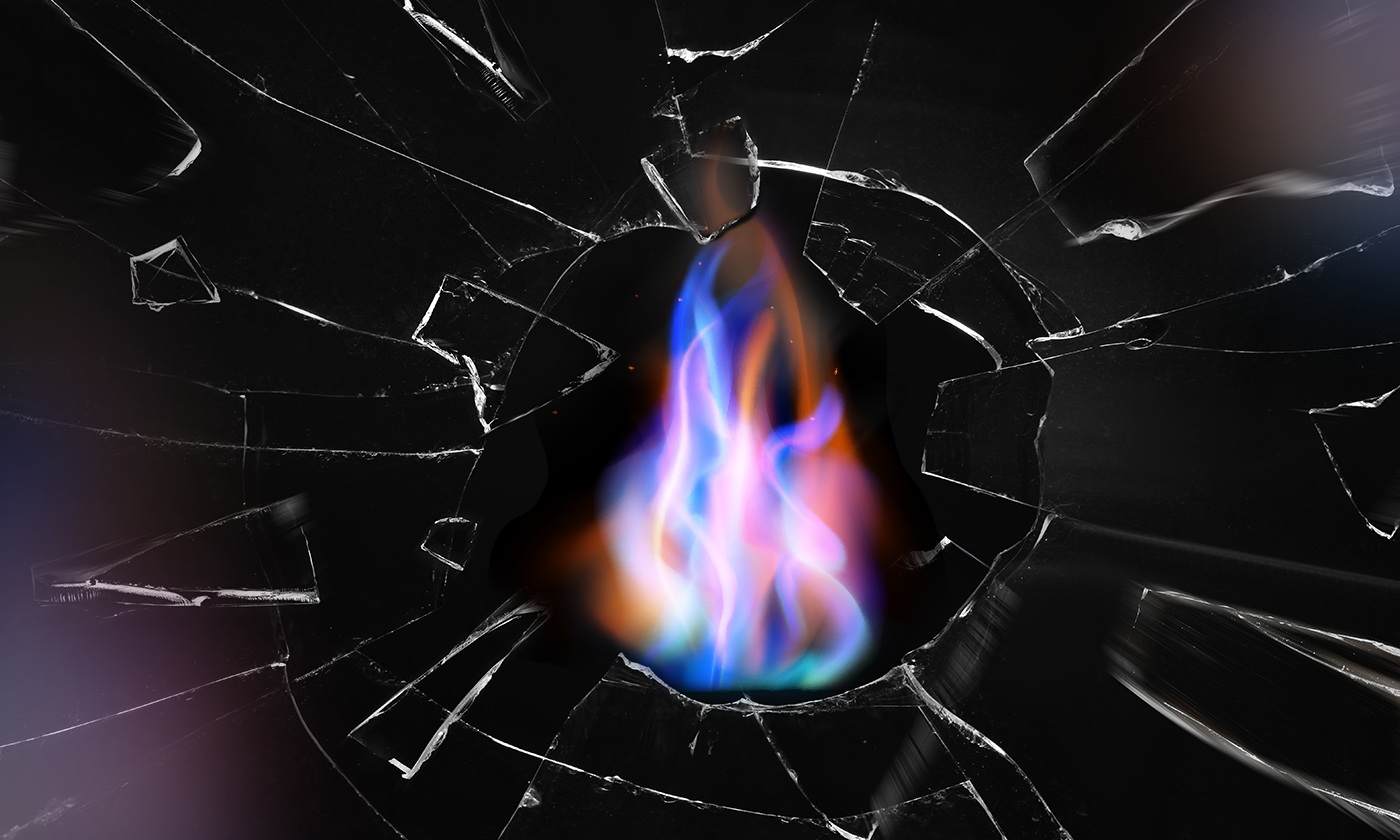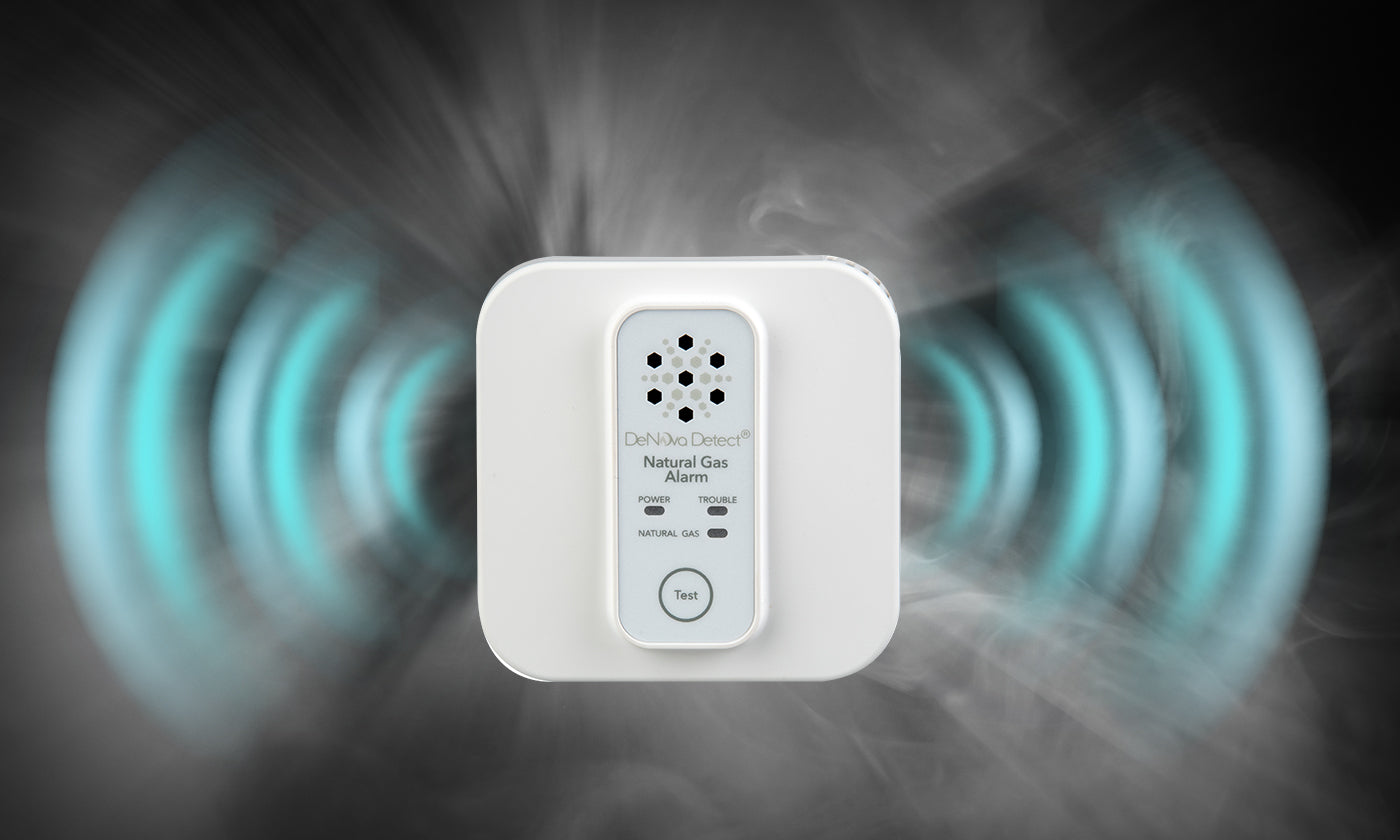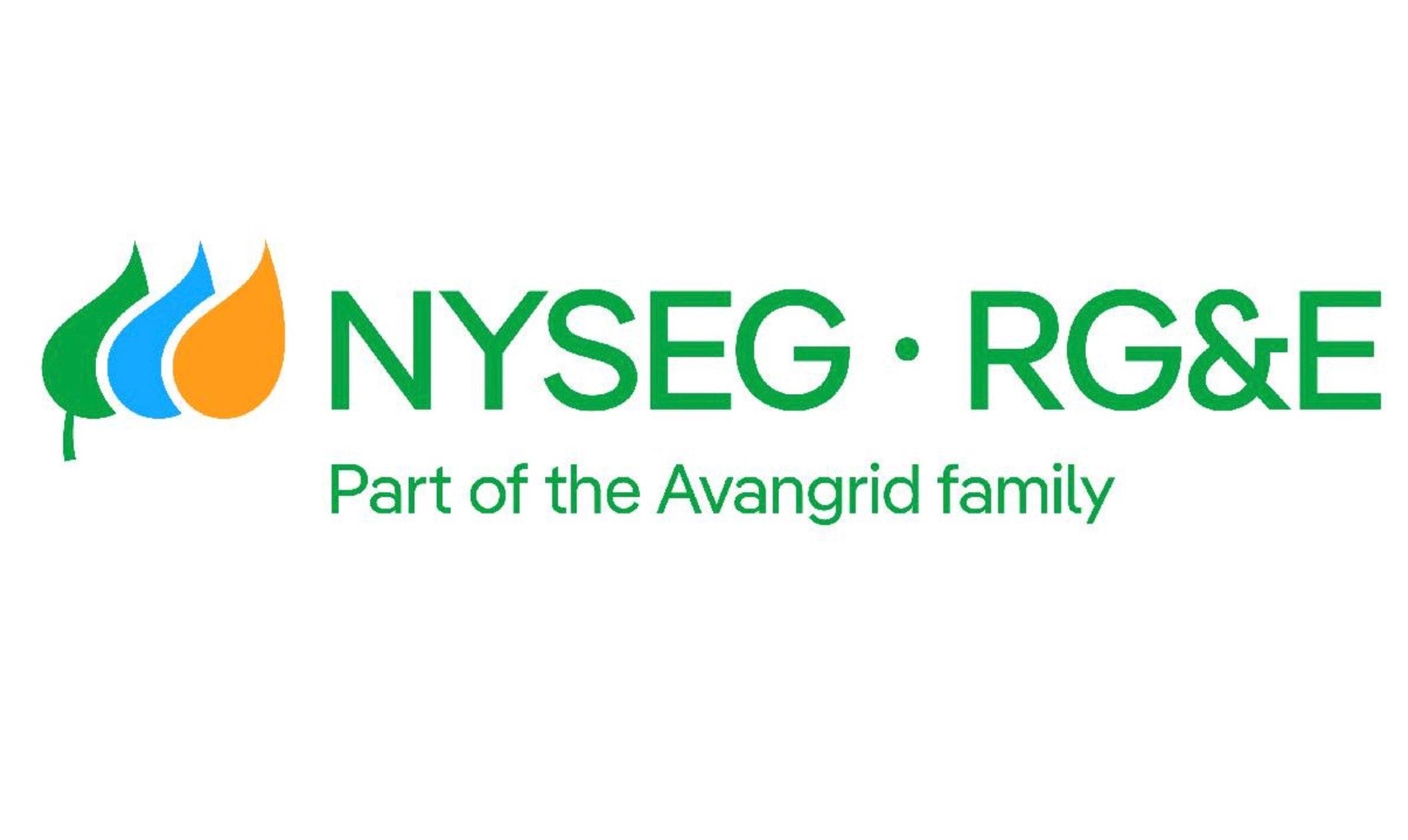Natural gas is essential to heating and providing power to different home appliances. Though popular, many fear using it because of false messaging and fear-mongering. Many myths about natural gas are accepted as commonplace but remain entirely false. These inaccurate and harmful myths can cause unnecessary stress and anxiety for homeowners if left unchallenged.
It is essential to remember natural gas can be completely safe if appropriately monitored. Our homes should be our sanctuaries, and understanding the real risks of natural gas is the first step in ensuring your safety. We want to debunk some of the most common natural gas myths and shed light on why it's crucial to have accurate information to protect our homes and families.
Common Natural Gas Myths
Myth #1: Gas Leaks are Always Detected by Smell
Just because humans can sometimes smell natural gas doesn’t mean it should be your first line of defense. Often times by the time you smell the gas, it’s too late. Relying on your sense of smell, rather than a smart gas detector is an antiquated way of thinking and prevents you from your best safety against gas explosions. Leaks can occur at any time, day or night, not only when you’re sniffing around your home seeking out funny smells. Also, you could be asleep when a leak occurs.
It's a BIG mistake to assume that gas leaks are always easily noticeable or can be smelled. In some situations, the smell may be weak or masked by other scents, making detection challenging. Some individuals, particularly the elderly or those who have had COVID, may have a diminished sense of smell, along with other factors further complicating things.
The best way to detect a gas leak accurately and protect yourself is to have natural gas detectors installed in every room of your home with a gas-powered appliance. These devices can detect even the smallest traces of gas, ensuring early detection and prompt action. Consider them as your sidekick in defending against natural gas leaks. By relying on both your sense of smell and technology, you enhance your home's safety significantly.
Myth #2: Ventilation Eliminates the Need for Natural Gas Detectors
Adequate ventilation alone cannot prevent natural gas leaks. While proper ventilation is essential and helps disperse accumulated gas, it is not enough, especially in confined spaces. In these areas, the gas may become concentrated, making it even more dangerous.
What makes natural gas leaks so harmful is their ability to take over the air supply in your home or apartment. Even with windows and doors open, if the source of the leak has not been identified and shut off, the “clean” air will slowly be dominated by natural gas, even if fresh air can enter the area through a window. Make sure to equip your home with the proper technology, including a functioning natural gas alarm, to ensure your air quality remains within healthy levels.
Myth #3: Gas Detectors Are Only Needed in Older Homes
Some people believe that natural gas leaks are more common in older homes due to aging infrastructure. But, newer homes are not immune to natural gas-related risks. Improper installation, faulty appliances, or damage during construction can all lead to gas leaks. Even something as small as a young child playing with the knobs on your stove can lead to a gas leak on your property. Natural gas detectors are essential in every home, regardless of its age.
In fact, modern homes often have more gas appliances and complex gas distribution systems, which can possibly increase the likelihood of potential issues. Therefore, it's not a question of whether your home is old or new but rather a matter of recognizing that any home with natural gas connections should be equipped with gas detectors. We’ve found that most gas leaks occur not from outside the home, but rather inside the home, so your safety is in your hands. Don’t risk it – get a 100% battery-operated alarm.
Myth #4: Gas Detectors are Expensive and Unnecessary
Some people shy away from equipping their homes with natural gas detectors because they believe they are costly and unnecessary expenses. The cost of a gas detector is a small price to pay for the safety and peace of mind it provides. When compared to the potential financial and personal costs of not having a gas detector, the investment is minimal.
Consider it an insurance policy for your home and family. Battery-operated natural gas detectors are more costly upfront but are relatively affordable in the long run. Our DeNova Detect natural gas alarms only cost three cents a day throughout their ten-year product service life. Plus, because the DeNova Detect gas alarm is 100% battery-operated, there’s a cost savings of over $200 over the 10 years of the alarm vs. Plug-ins which require hidden electricity costs and battery-replacements every year. The potential consequences of a gas leak, such as property damage, injuries, or even fatalities, far outweigh the initial expense of purchasing and installing a 100% battery-operated natural gas detector.
Myth #5: Gas Detectors are Difficult to Install and Maintain
Contrary to popular belief, natural gas detectors are not complex to install and maintain. Most modern detectors are user-friendly and come with clear instructions. Installation involves placing the detector in the appropriate location, which is between 3 and 10 feet from a gas-powered appliance and less than 12 inches from the ceiling. Our Denova Detect natural gas alarms are easy to install and don't require wiring, brackets, or battery changes— they mount with just one screw and need no additional intervention.
Regular maintenance is straightforward and typically involves simple tasks like checking the batteries and ensuring the sensors are clean, depending on your alarm’s manual instructions,
as each alarm has different maintenance requirements. The effort required to maintain a gas detector is minimal compared to the safety gas detectors offer. Think of it as a routine task that ensures your family's well-being, like cleaning out your fridge or getting an oil change in your car.
Myth #6: Carbon Monoxide Detectors Detect All Kinds of Gas Leaks
Not all gas detectors are the same. Just because you have a carbon monoxide detector installed in your home doesn’t mean it can replace dedicated natural gas detectors. Carbon monoxide detectors are explicitly designed to detect carbon monoxide, not natural gas. While carbon monoxide is a deadly byproduct of incomplete combustion, it's crucial to have both types of detectors in your home to cover all potential gas-related risks.
Carbon monoxide detectors are essential for identifying this specific gas, which can be produced by malfunctioning gas appliances. Still, they won't alert you to natural gas leaks unless the alarm specifically states it is for detecting carbon monoxide and natural gas. Both types of detectors are complimentary and serve different purposes, so it's vital to have them both installed in your home, in addition to a smoke detector in case of a fire-related emergency on your property. Be careful and do your homework when it comes to combination detectors as they can be risky, as gases react differently from each other when mixed with oxygen. For example, you wouldn’t want to purchase a plug-in combo unit, as it will not detect gas leaks as soon as a 100% battery-operated alarm would because it needs to be mounted near the ceiling to detect gas leaks soonest. DeNova Detect alarms have been proven to detect leaks 11 minutes faster than competitors because it’s 100% battery-powered and optimal placement near the ceiling.
Myth #7: Gas Detectors are Only Needed in Specific Locations
Many people believe that natural gas detectors are only necessary in specific areas of the home, such as the kitchen. While it's true that gas-powered appliances like stoves and water heaters are more likely sources of gas leaks, it's essential to strategically place gas detectors in all rooms where they are needed.
For instance, you should have detectors in every room with a gas-powered appliance or heating source, including utility rooms, basements, and near any other potential gas sources, such as fireplaces or furnaces. Additionally, consider installing detectors near bedrooms and other living spaces, as gas leaks can travel through ventilation systems and affect areas far from the source. Having detectors in multiple locations ensures early detection in case of a leak, regardless of where it occurs in your home.
Myth #8: Gas Leaks are Rare and Unlikely to Occur
Natural gas leaks are NOT rare occurrences. They happen all the time. In fact, there’s a gas explosion or incident every 40 hours. Though they aren’t the most common emergency households experience, statistics and real-life examples show that natural gas leaks are more common than one might think. Annually, there are nearly 300 natural gas leak explosions in the United States. Proactive safety measures, including natural gas detectors, are essential to protect our homes and loved ones.
Gas leaks can result from various factors, including equipment malfunctions, damage during construction or renovations, or even simple accidents. The consequences of a gas leak can be catastrophic, ranging from property damage to severe injuries or fatalities. Being prepared and proactive by having natural gas detectors in place is a responsible approach to ensuring your family's safety and preventing potentially devastating incidents.
Denova Detect Natural Gas Alarm
Dispelling myths and misconceptions about natural gas safety is crucial for safeguarding our homes and families. Understanding the facts and taking proactive steps to protect against natural gas leaks is our responsibility. Natural gas detectors are an affordable and effective means of ensuring early detection and prevention of gas-related accidents.
Our 10 year 100% battery-operated Natural Gas alarm is the best choice for your home’s natural gas detection. Our top-of-the-line detector alerts you 11 minutes earlier than our competitors, leveraging advanced sensor technology to protect you, your family, and your property. With a 10-year product service life and voice alerts in multiple languages, you can sleep well knowing your home gas detection is in the best hands.
Ready to equip your home with the best in natural gas detection? We’re here to help.
Email us at info@denovadetect.com or visit us at www.denovadetect.com.





コメントを書く
このサイトはreCAPTCHAによって保護されており、Googleプライバシーポリシーおよび利用規約が適用されます。